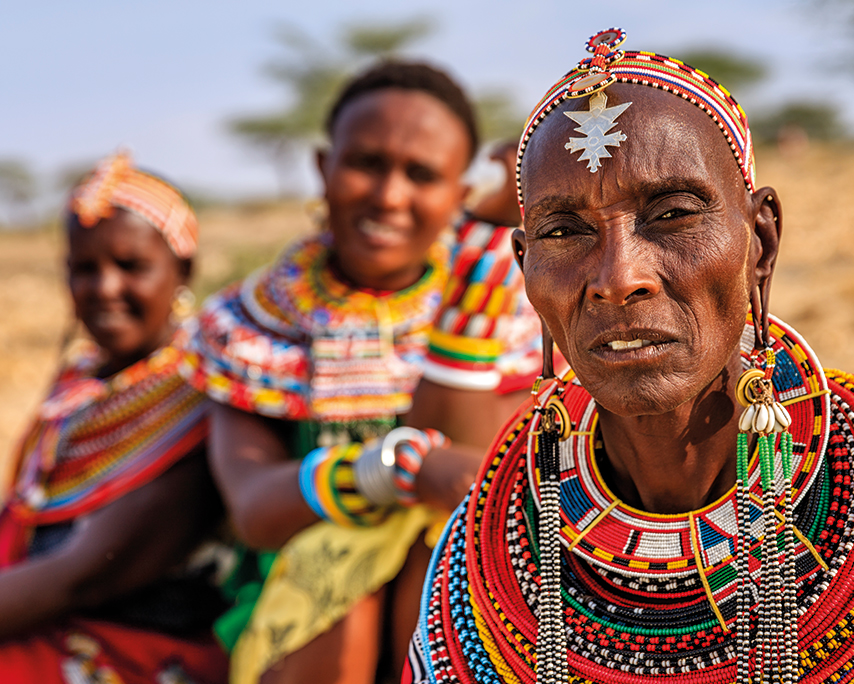World Day for Cultural Diversity for Dialogue and Development
Embracing cultural diversity as dialogue
In today’s rapidly shifting African landscape, the role of the professional, whether in media, publishing, education, tech, or development, is no longer defined by titles, but by impact. It is no longer enough to do the job. The real measure is how we do it, for whom, and to what end.
This is not about waiting for grand, headline-making gestures but about everyday moral clarity meeting real-world action. For Africa’s professionals—especially in content generation and publishing—this means stepping into roles as cultural stewards, power challengers, and bridge-builders for development through dialogue.
Telling stories that matter
To publish responsibly in Africa is to centre lived experiences, not outsource narratives to distant observers. It means refusing to be a passive vessel for second-hand truths. The African professional must elevate local voices, credit originators of knowledge, and ensure that content belongs to the communities it emerges from and is not just curated for external consumption.
Instead of viewing Africa’s cultural diversity as a challenge to be overcome, we should treat it as an infrastructure for development. Harnessing multiple languages, traditions, and worldviews should be inclusive and strategic. As we design for literacy, it is crucial also to include diversity with language and format treated as gateways to inclusion and not as afterthoughts.
Making content accessible across languages and formats creates richer dialogue, deeper empathy, and more relevant solutions. In content and publishing, this could be translating materials into local languages, using visual, oral, and mobile-first formats, or respecting indigenous knowledge systems as legitimate forms of authority. At any rate, the question is not “How do we speak for people?” but “How do we make space for them to speak for themselves?”
Rethinking value
Too often, professionals are trapped in a cycle of elite validation—publishing in the right journals, presenting on the right stages, and being recognised by the right institutions. But true leadership asks: who benefits from my work? Who is excluded? Knowledge must not only circulate where it is profitable but also reach where it is most needed—rural schools, marginalised communities, underfunded libraries, grassroots movements. As professionals, our credibility comes not from proximity to power but from our willingness to challenge it when it excludes.
Furthermore, accountability is not just for politicians. It is for publishers. Researchers. Editors. Designers. Developers. All of us. We must hold each other to an ethical standard, even as we do in technical aspects. That means building peer critique into our practice, welcoming tough questions, and rejecting the comfort of silence when harm is done.
We must normalise asking, “Who am I leaving out?” Being told, “You got this wrong”, and saying, “I will do better.” The idea is to work towards shaping culture, with the understanding that culture is rooted in integrity more than output.
The power African professionals hold comes with the responsibility to widen the circle, amplify the silenced, and make justice practical. Therefore, as we create, write, speak, code, film, and teach, let us ask not what will elevate our personal brand, but what will deepen our collective humanity. We must choose to act with purpose in the spaces we already influence. Because when purpose meets practice, we stop replicating broken systems and start building something better.



